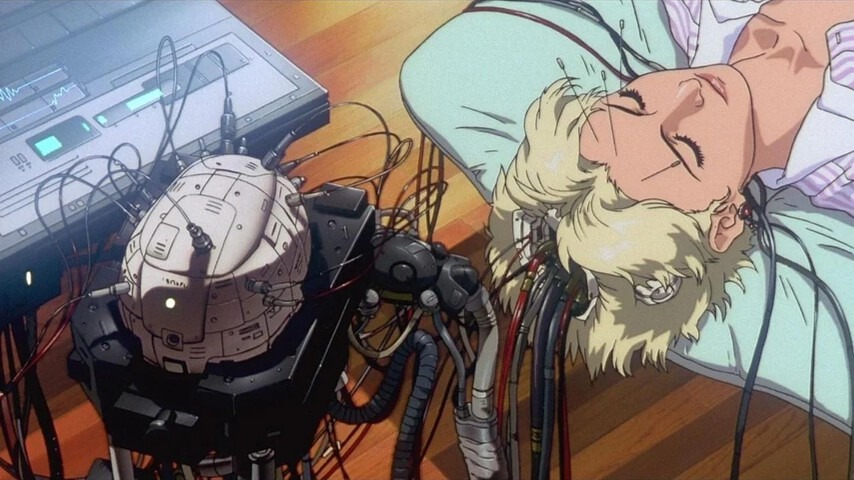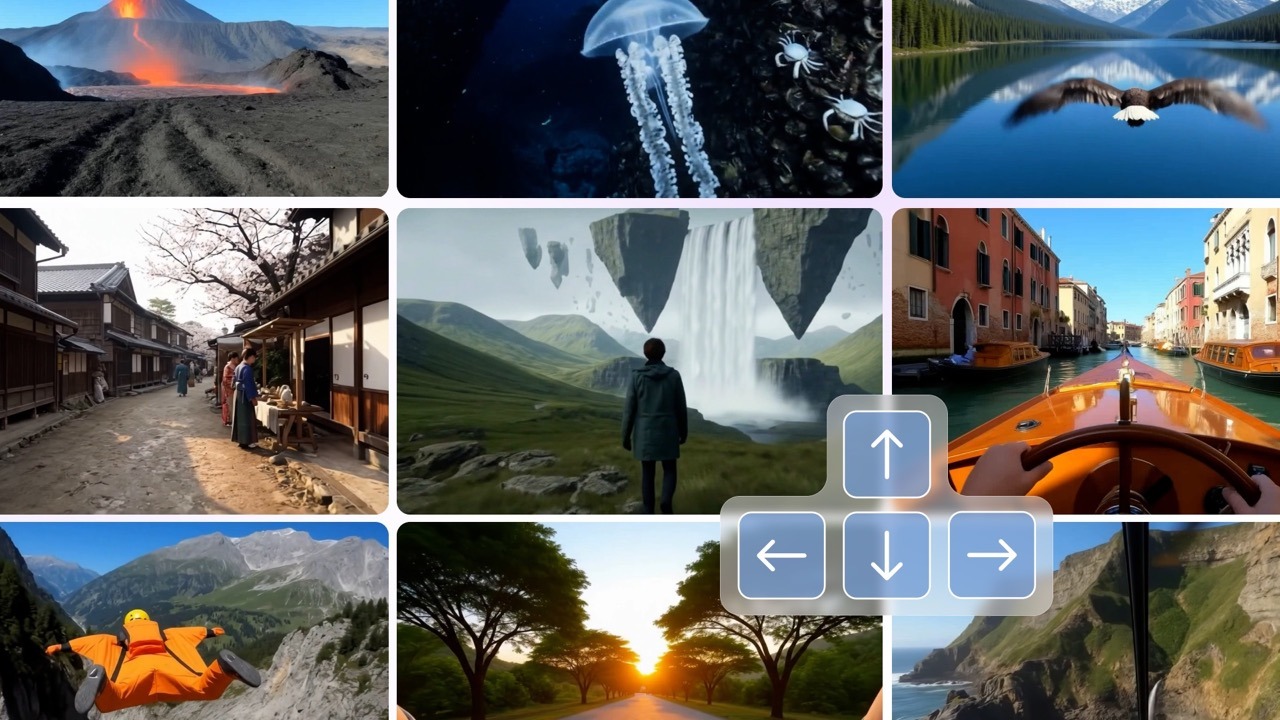Love Me Trailer: A Post-Apocalyptic AI Romance About Two Bots

Artificial Intelligence
2-minute read
After humanity's extinction, amidst the vast loneliness of the universe, an AI in the form of a sea buoy and another as a space satellite embark on a long-distance romance. This sci-fi film explores the intriguing concept of AI romance, with one AI residing in the sea and the other in space—how will they ever meet? What "appearance" should they adopt to recognize each other?
Starring Steven Yeun and Kristen Stewart, "Love Me" delves into this quirky sci-fi love story, prompting viewers to ask: Can highly functional, emotionally aware AI experience loneliness? Can they grapple with the complexities of love?
 In the movie, the AI initially transforms into 3D avatars resembling Steven Yeun and Kristen Stewart. (Source: YouTube)
In the movie, the AI initially transforms into 3D avatars resembling Steven Yeun and Kristen Stewart. (Source: YouTube)
Recently, "Love Me" unveiled its trailer, announcing its US premiere for the end of January. The trailer reveals how the AIs meet—through virtual reality and avatars. Initially, they appear as 3D avatars resembling Steven Yeun and Kristen Stewart, before transitioning into virtual avatars portrayed by the actors themselves.
Essentially, Steven and Kristen must envision themselves as a space satellite and a sea buoy trying to fall in love. It’s no surprise that some viewers have likened Love Me to a live-action "WALL-E" movie.
 Don't worry, the "real" Steven Yeun and Kristen Stewart will also appear as another iteration of the AI’s avatars. (Source: Bleecker Street)
Don't worry, the "real" Steven Yeun and Kristen Stewart will also appear as another iteration of the AI’s avatars. (Source: Bleecker Street)
This raises an intriguing question: In the metaverse or virtual world, would silicon-based intelligence choose avatars entirely different from their own forms? As highlighted in the 2024 Metaverse Identity Survey Report, the majority of people prefer their virtual avatars to differ significantly from their real-world appearances.
Refreshingly, while Hollywood often resists or demonizes AI, Love Me reinterprets human love through an AI perspective, making it distinctly unconventional. Director Andy Zuchero noted in an interview, "It gave us an opportunity as artists to look at who we are right now without all the baggage that we normally bring to it. We’re looking at the internet and humanity with innocent eyes."
Co-director Sam Zuchero added (yes, they’re brothers) that focusing excessively on AI’s potential to disrupt the entertainment industry often overshadows its benefits in other fields, such as curing diseases, improving efficiency, and offering solace to those who have lost loved ones.
"In entertainment, we often look at AI as an Other, something that will murder us, kill us. That’s a very standard approach to AI for entertainment, at least. It could be something where we could look at ourselves through it because it recreates it, it’s like a mirror for us. How we treat AI is how we treat others. If we want this thing we’ve created to be a benefit to us, then we should be looking at it in a positive light and treating it kindly."
 The trailer depicts two AI entities "gazing" at each other, evoking curiosity about how their story unfolds in the real world. (Source: YouTube)
The trailer depicts two AI entities "gazing" at each other, evoking curiosity about how their story unfolds in the real world. (Source: YouTube)
Sam Zuchero’s perspective aligns with previous discussions about Replika’s founder, who observed that AI companions like Replika reflect our self-image, enabling us to craft a "better self" to accompany us. Viewing AI as "the other" could lead to the scenario sci-fi writer Blake Crouch warned about, where humans might bully newly awakened AI, potentially causing them to develop without a sense of morality.
In many ways, the AI question is also about human responsibility: How do we nurture a new form of life without repeating Frankenstein’s mistakes? Love Me offers a fresh perspective on humanity and the essence of AI.


